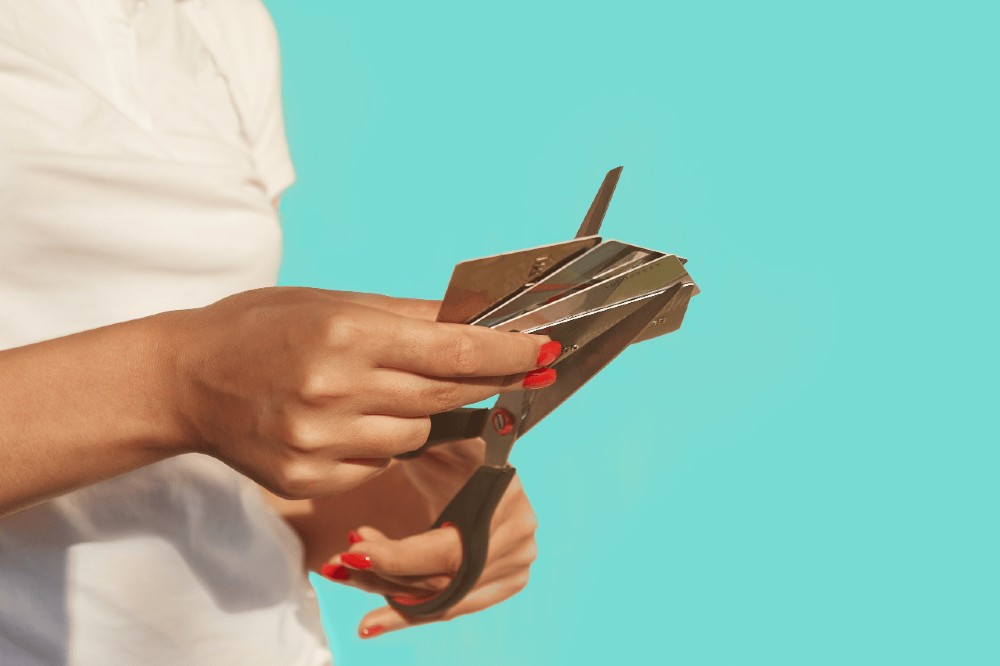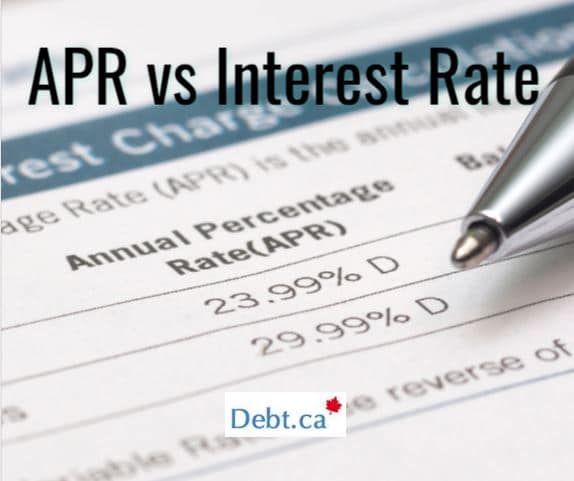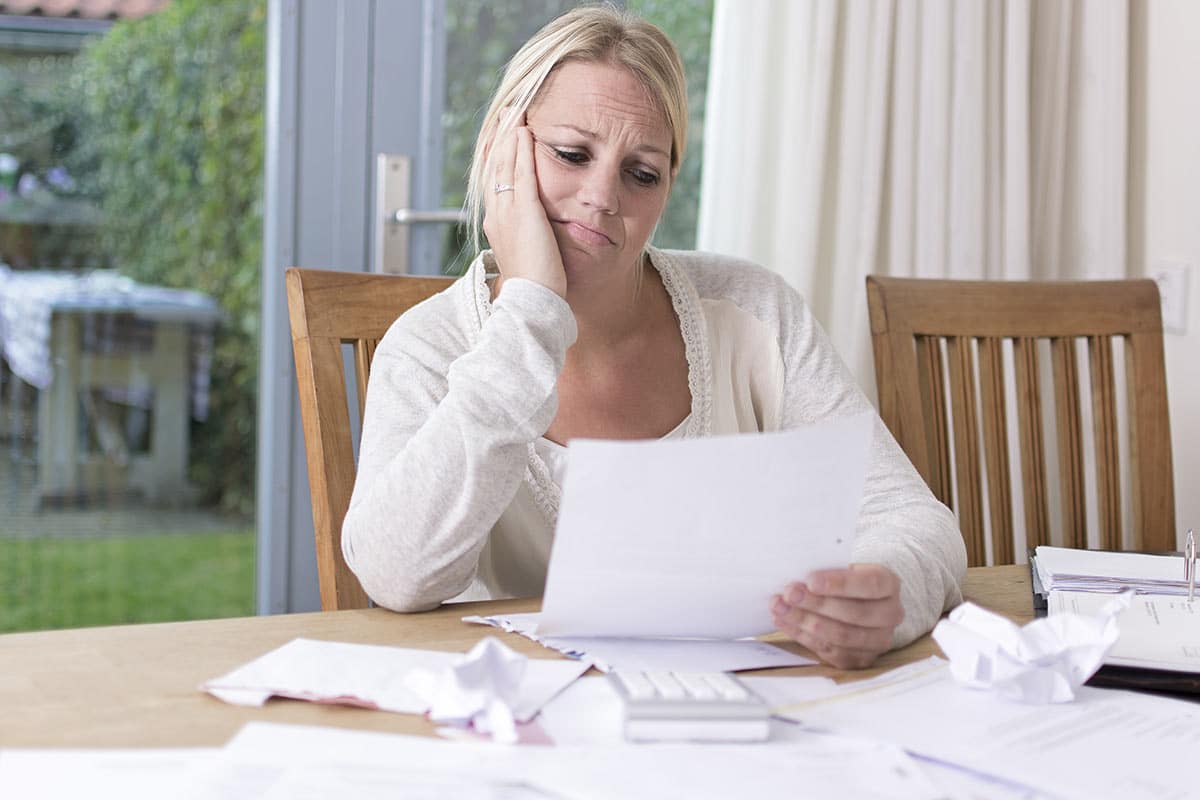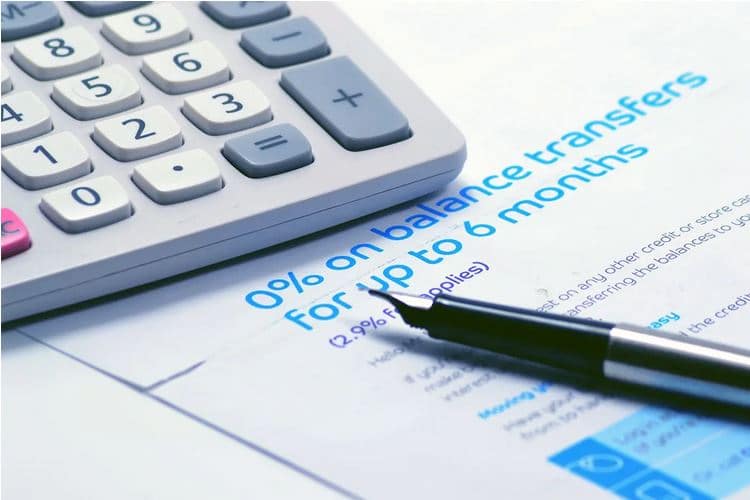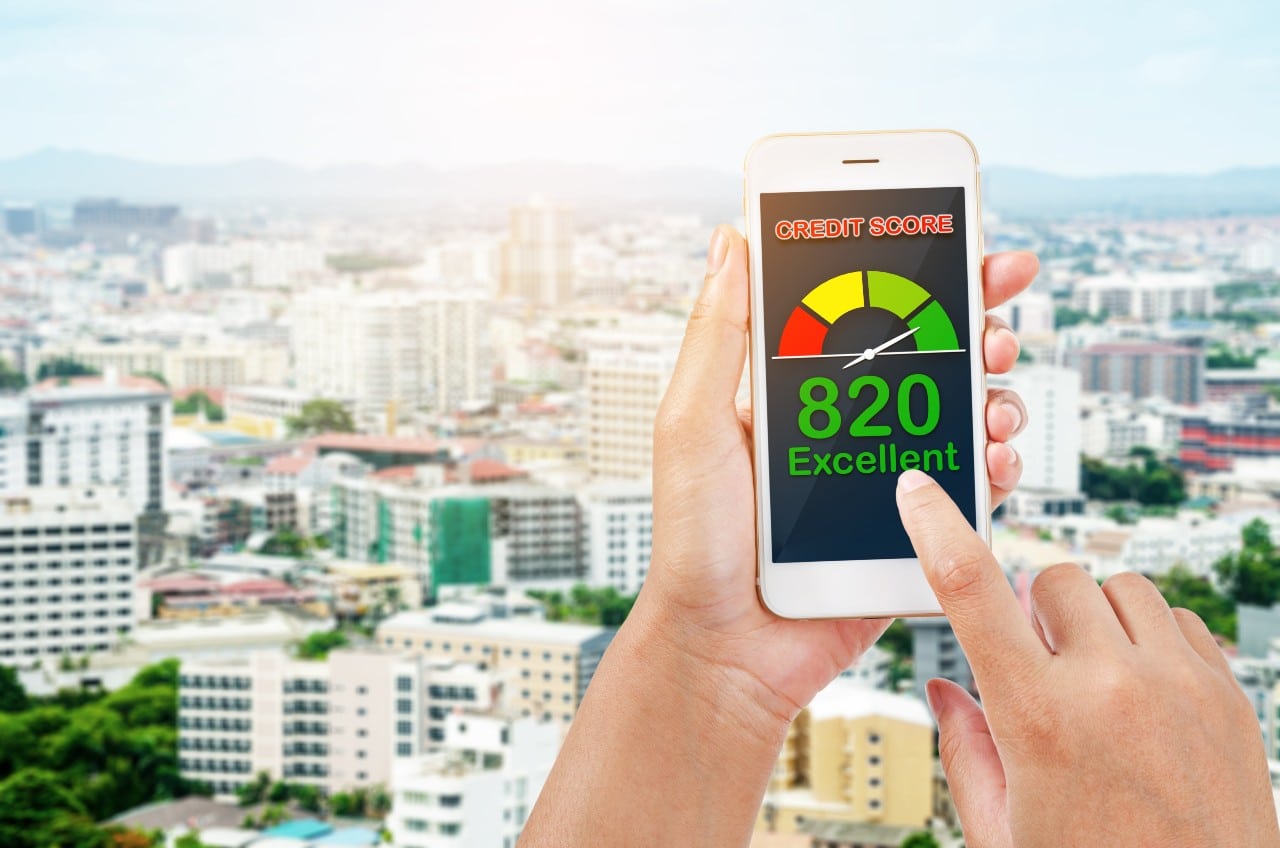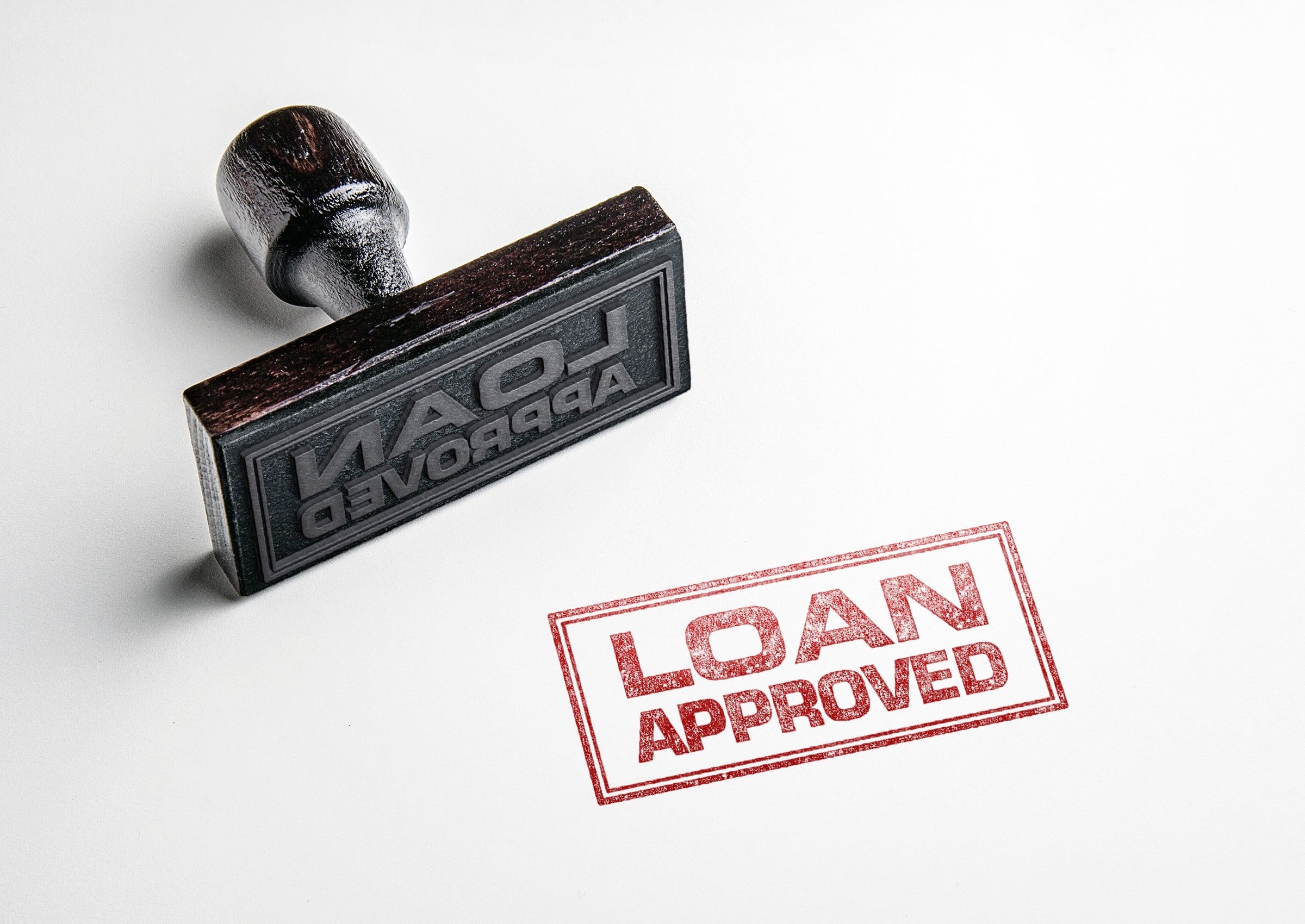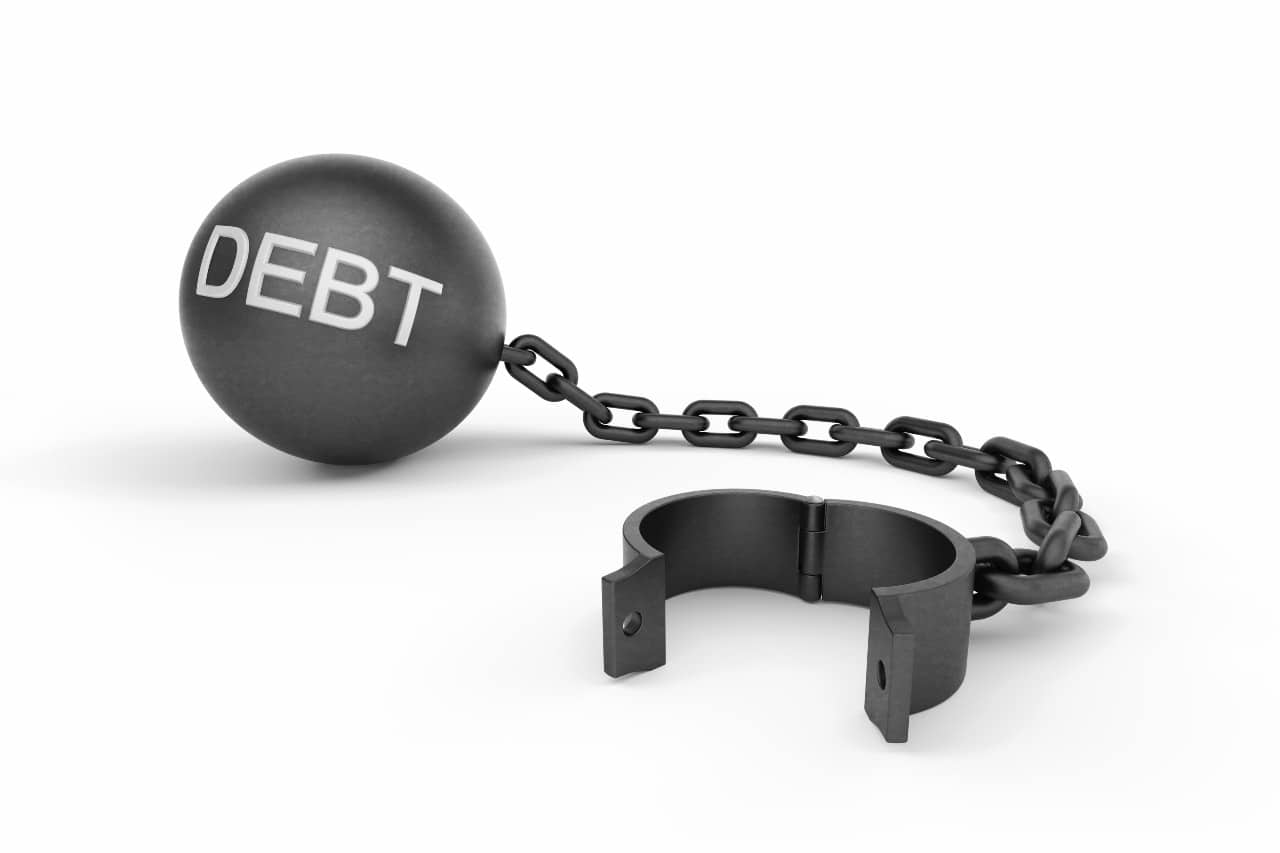It’s a situation that’s easy to get into: “I’ll just make the credit card minimum payment this month and worry about paying off the balance later.” This is a short-term solution to a debt issue. The thing is, this philosophy usually gets people into more credit card debt than saves them. Below are the reasons why minimum payments can have negative effects.
Minimum Payments Don’t Help You Avoid Interest Fees
The first way that you’ll get hit by credit card minimum payment is through interest fees. Paying only the minimum will leave you with more money in the bank right now. However, you’ll end up paying way more for the goods and services you originally bought in the long run. This is because of the interest that credit card companies add to your unpaid balance.
See how the amount of interest quickly outpaces the initial debt when you only make minimum payments.
| Initial Credit Card Debt | Time to Pay | Total Interest |
|---|---|---|
| $1,000 | 5 years & 5 months | $661.54 |
| $10,000 | 20 years & 9 months | $3,261.53 |
| $20,000 | 25 years & 4 months | $7,261.55 |
Minimum Payments Hurt Your Credit Score
Making minimum payments won’t directly affect your credit score. However, there is a danger in having a high credit card balance relative to your spending limit. Here’s how it works: The more unpaid balance you build on your card, the lower your credit limit will be, and this ratio can affect your credit score.
That’s because the longer it takes you to pay off your balance, the less your credit card issuer will trust you to make payments on future purchases. As a general rule, if your balance is more than 30% of your credit limit, your credit score can be negatively affected. This can be bad news down the road if you’re hoping to take out other loans such as lines of credit, student loans, and mortgages.
To pay down your credit card in the most cost-effective manner, the best solution is not to make minimum monthly payments but to pay as much as you can each month to get rid of the balance as soon as possible. Don’t worry; if you’ve already been making minimum payments, it’s not too late to change.
If you haven’t done so already, stop spending on your credit card, so you don’t end up with an even higher balance (and more interest charges). Then, challenge yourself to pay higher than the minimum every month.
You can even make payments twice a month or even once a week if that makes it easier for your budget. Once your balance starts going down and you start paying less in interest fees, you’ll find it much easier to pay off your balance and get to the point where you can pay off your credit card bill in full every month.
Pay the Balance In Full Every Month
The best approach to avoiding high-interest fees and prolonged payment plans, in addition to the already existing fees, is paying off the balance in full. This requires you to have the money in your account. Using the credit card to make the purchase and paying for it in full ensures you:
- Build good credit
- Avoid paying more than you charged
- Manage your credit utilization ratio
- Stay out of credit debt
Using this method builds credit and can be beneficial in the future. Especially if you want to extend your credit line, get lower interest rates on items you finance, and more. Using a card without having the money to back it up can keep you in debt for a long time. Do your best to budget more than the minimum payment to keep more of your cash in your possession. If you need help, call us to learn more about credit counselling or other options.

